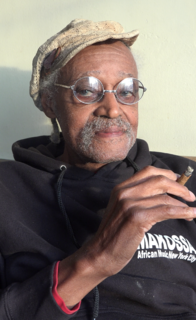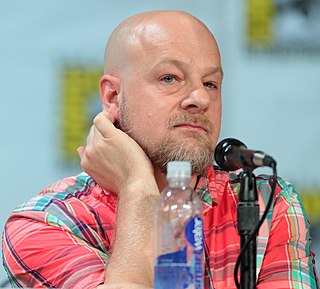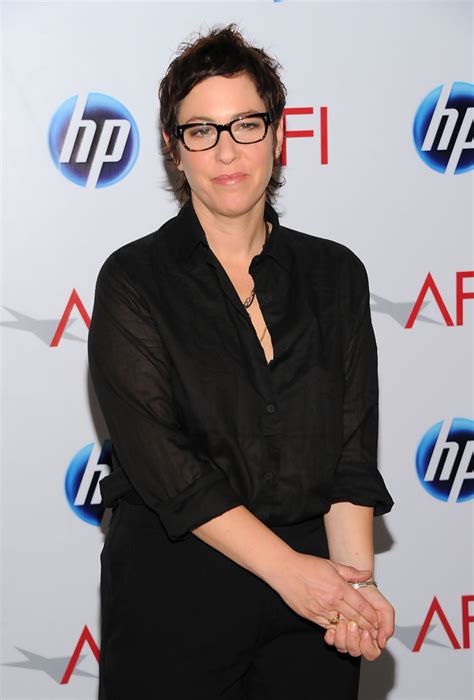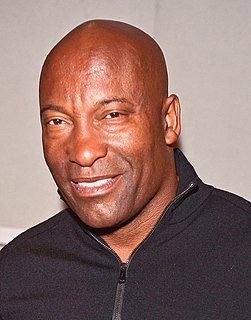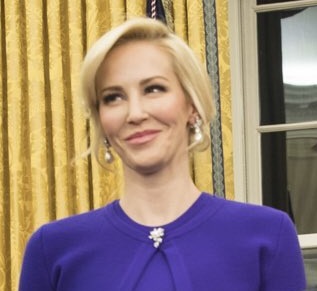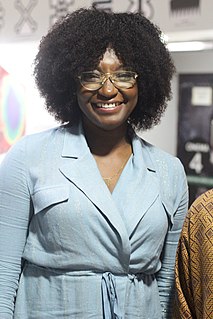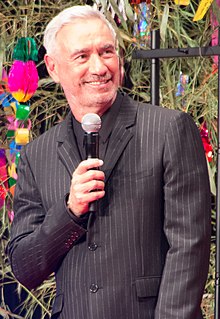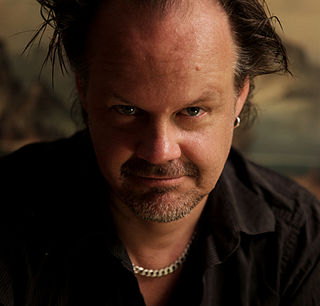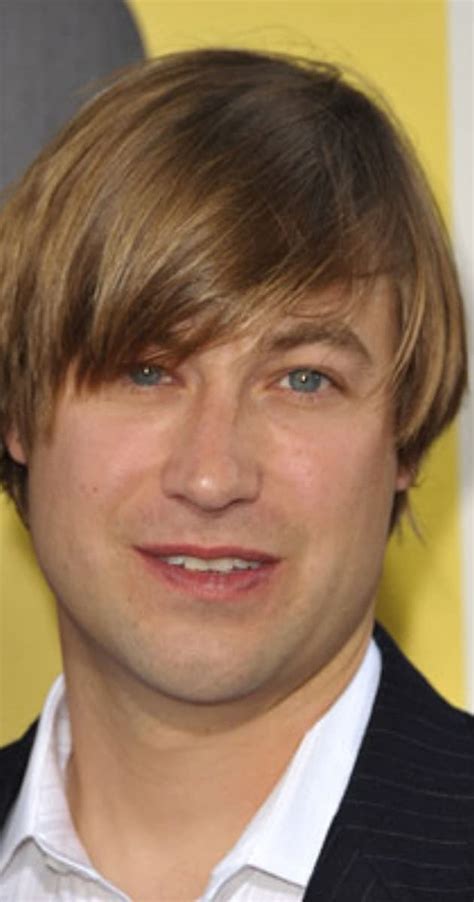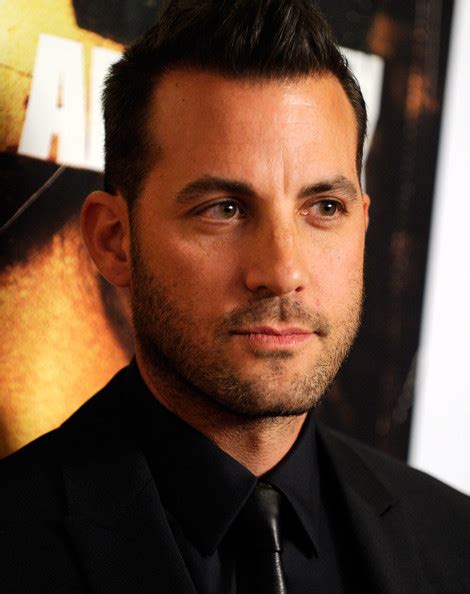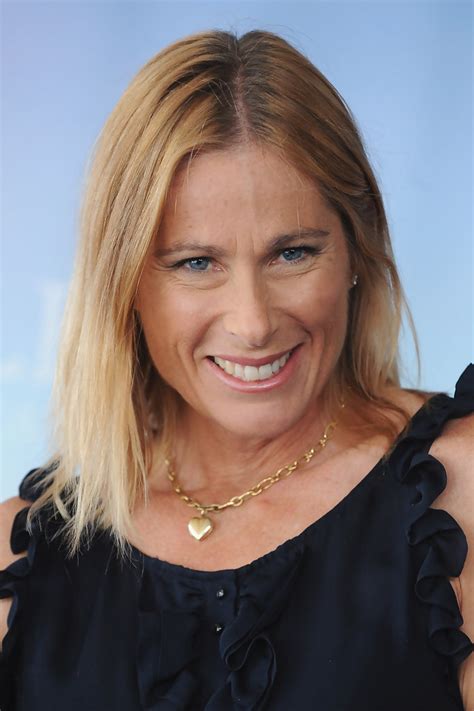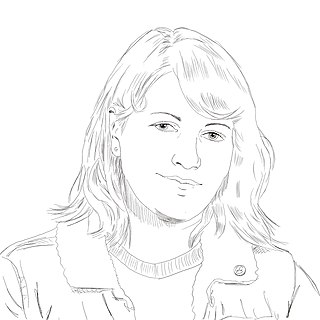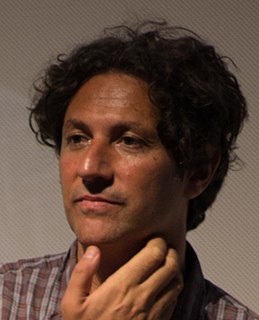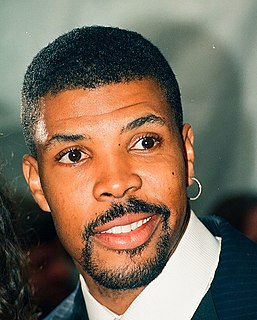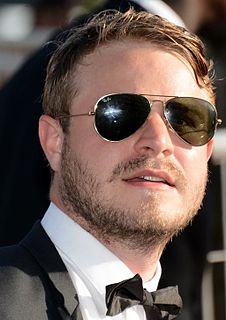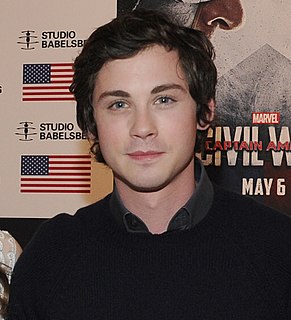Top 1152 Filmmaker Quotes & Sayings
Explore popular Filmmaker quotes.
Last updated on April 17, 2025.
As a filmmaker I have changed, yes. I seem to have crossed a line and that journey, trajectory change is more apparent. I'd say, what changed dramatically in me as a filmmaker is the fact that now, it is about why am I making the film, what is this supposed to mean to people. Earlier, it was more about entertaining or engaging them.
It has a lot to do with just sort of trust in the relationship that builds between the filmmaker and the subject. There are some people who will never be relaxed in front of a camera, and in some ways that's my failing as a filmmaker to not put them at ease. It's also a function of time, and if you have that type of time.
If you talk to any filmmaker, and if you said to them, 'I guarantee you x amount of money per month for the rest of your life, and it's not a big amount of money, but I can also guarantee that you will work continually, you will get to make what you want to make,' any filmmaker on the planet will make that kind of deal. I would have made it.
The creative process for a musician is very different than for a filmmaker. I have an idea and I can pretty much execute it. As old as I am now and as long as I've been doing it, I can pretty much get it done in a week. While a filmmaker has a great idea that should be out tomorrow, but he has to go through this process of getting financing, then selling it, then casting. I've always been in awe of filmmakers and their patience in realizing their vision because I could never do that.
The very first idea I ever had about making a film... my first thought about ever being a filmmaker was when I was sixteen years old and I wanted to make a Viking movie. And I wanted to make it in old Norse, which I was studying at the time. It's odd because at that age that's a stupidly ridiculous idea 'cause how will I ever be a filmmaker.
With filmmaking, I for so long was like, oh, I need permission to go out and be a director and be a filmmaker. And I read Robert Rodriguez's 'Rebel Without a Crew.' He just went out and did it, man. In his book, he even says just put your name on a business card and say you're a filmmaker. Congratulations, you're a filmmaker.
I try not to think of myself as a woman filmmaker. I don't look for women influences. I have noticed in the past few years that there is a certain ceiling that a woman filmmaker can reach. I don't believe that it's sexism per se, but there are certain expectations in the industry about what films should be, how they should be made, what stories they should tell, and it's a habit, it's a tradition.
Well, there's two things I have criteria for doing a film: The script, which is the story, and the filmmaker, and it's a filmmaker's medium. I like really strong directors, and so when I do a film, I'm out there to serve the director, really, which is in turn to serve the script, to serve the director cause he's the one making the film. I relied on Todd Haynes for that.
We've been fighting our whole lives to say we're just human beings like everyone else. When we start separating ourselves in our work, that doesn't help the cause. I've heard it for years: 'How do you feel being a black filmmaker?' I'm not a black filmmaker, I'm a filmmaker. I'm a black man, I have black children. But I'm just a filmmaker.
Alejandro Amenábar is a very interesting filmmaker. I had really liked The Others, which was a movie he made with Nicole Kidman a few years ago. He made a very compelling case about how much he wanted me to be in this movie. Whenever a really passionate, talented filmmaker seems to have an interest in me, I take it very seriously because I like to work.
There's the instability of my attitude as an artist, the instability of our perception of the world, and the idea that with this mix, you never know exactly what's the point of view of the filmmaker. This breaks the stability of the belief that a filmmaker is somebody who has a logical relationship with his own material. These elements create this atmosphere that I find more interesting than a normal atmosphere, based only on the characters.






